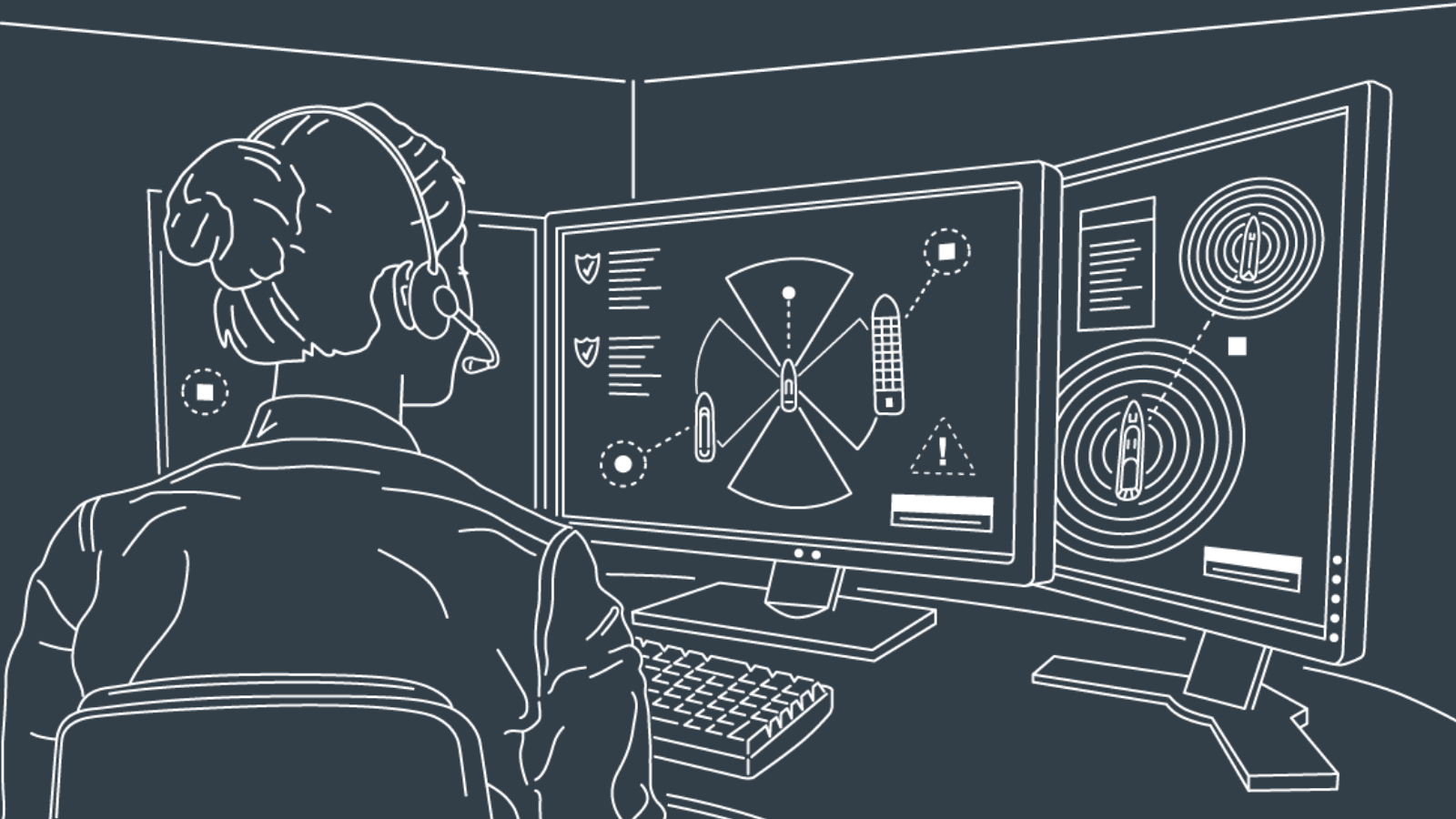New report on legal and regulatory barriers to the use of autonomy in shipping published
Posted on Tuesday 1 February 2022

The new report has been published based on the research undertaken as part of an AAIP demonstrator project. It was written by key members of Swansea University's Institute of International Shipping and Trade Law.
The research uses the UK as a case study and considers the following scenario:
- a hypothetical vessel will navigate from Hull to Plymouth staying entirely within UK territorial waters
- the vessel is registered in the UK
- the craft will have a varying degree of autonomy (i.e. it will be mainly controlled remotely from Swansea but will have autonomous navigation/operation-capability that will be activated in some cases)
The report concludes that it will be within the remit of different regulatory bodies to deal with the legal and regulatory challenges ahead. For example, the Marine and Coastguard Agency (MCA) is expected to provide regulatory solutions to issues concerning the safety and technological requirements of Maritime Autonomous Surface Ships (MASSs).
Port and harbour authorities need to specify the conditions that a MASS should comply with to gain access into areas that come under their jurisdiction. There is also a requirement to deal with issues concerning pilotage by competent harbour authorities.
The authors also conclude that legislative changes are needed to clarify matters concerning liability (collision liability and product liability), limitation of liability, salvage, cargo claims and arrest of MASSs as well as to deal with criminal law issues that might emerge.
